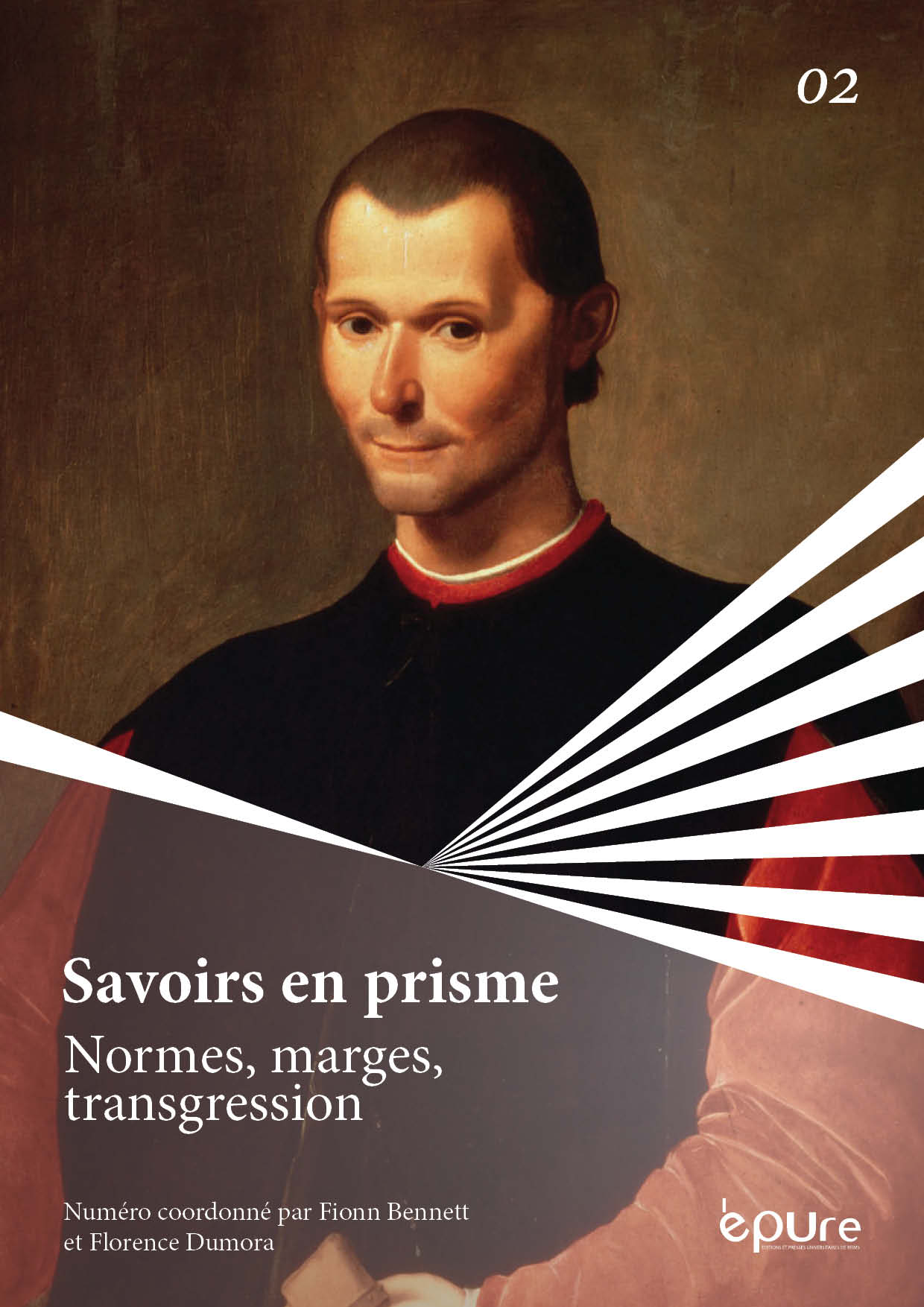« He fumbles with your Soul » : Emily Dickinson entre le piano et l’univers
Abstract
To what extent can one experiment with language? The essay will centre on a close reading of a poem by Emily Dickinson “He fumbles with your Soul” dating from 1862. In it, the poet endeavours to assess how far she can go in order to establish what her true identity or self is. She eventually discovers that it has nothing to do with the notion of identity. It is not something one possesses either. In order to understand her experiment, the approach adopted in the essay draws its inspiration from the concept of “modus” originally put forward by Spinoza. There is obviously only one Emily Dickinson, but she exists only through a multiplicity of modes of being. She exhibited one in her daily life, but, every time she started writing one of her small texts alone in her bedroom, she elaborated a new mode of being as she worked with words and tried to fathom what really constituted what she was when considered outside the norms of her community.
References
Aristote (1989) : Topica. Cambridge : Harvard UP.
Artaud, Antonin (1974) : Pour en finir avec le jugement de dieu. Œuvres complètes, Vol. XIII. Paris : Éditions Gallimard.
Bergson, Henri (1932) : Les Deux sources de la morale et de la religion. Paris : Presses Universitaires de France.
Burke, Edmund (1958) : Philosophical Enquiry into the Origins of Our Ideas of the Sublime and Beautiful (1757). New York : Columbia UP.
Deleuze, Gilles et Guattari, Félix (1975) : Kafka : pour une littérature mineure. Paris : Éditions de Minuit.
—— (1980) : Mille Plateaux : Capitalisme et schizophrénie 2. Paris : Éditions de Minuit : Collection “Critique”.
Deleuze, Gilles (1993) : Critique et clinique. Paris : Éditions de Minuit.
—— (1967) : Présentation de Sacher-Masoch : Le Froid et le cruel. Paris : Éditions de Minuit.
—— (1981) : Spinoza : Philosophie pratique, 2e édition. Paris : Éditions de Minuit.
—— (1985) : Cinéma 2 : L’Image-Temps. Paris : Éditions de Minuit.
Dickinson, Emily (1955) : The Complete Poems of Emily Dickinson. Ed. Thomas H. Johnson. New York / Boston : Little, Brown and Company.
—— (1998) : The Poems of Emily Dickinson. Ed. R.W. Franklin. Cambridge : Harvard UP.
Hawthorne, Nathaniel (1962) : The Scarlet Letter. New York : W. Norton & Co.
Lacan, Jacques (1975) : Séminaire XX : Encore. Paris : Éditions du Seuil.
Lévi-Strauss, Claude (1964) : Mythologiques : Le Cru et le cuit. Paris : Éditions Plon.
Luxford, Dominic (2004) : « Sounding the Sublime: The “Full Music” of Dickinson’s Inspiration ». The Emily Dickinson Journal. Vol. 13.1. : 51-75.
Miller, Cristianne (1987) : Emily Dickinson: A Poet’s Grammar. Cambridge : Harvard UP.
Proust, Marcel (1987) : À la recherche du temps perdu. 1913-1927. Paris : Éditions Gallimard.
—— (2002) : Contre Sainte-Beuve (publication posthume, 1954.) Paris : Gallimard.
Rimbaud, Arthur (2007) : Correspondance. Paris : Fayard.
Spinoza, Baruch (2000) : Ethica Ordine Geometrico Demonstrata, 1677. Ethics, Trad. G.H.R. Parkinson. Oxford : Oxford UP.
Stonum, Gary Lee (1990) : The Dickinson Sublime. Madison : The University of Wisconsin Press.
Weisbuch, Robert (1972) : Emily Dickinson’s Poetry. Chicago : The University of Chicago Press.
Wolff, Cynthia Griffin (1986) : Emily Dickinson. New York : Alfred A. Knopf.
Copyright (c) 2020 Savoirs en prisme

This work is licensed under a Creative Commons Attribution-NonCommercial-ShareAlike 4.0 International License.


